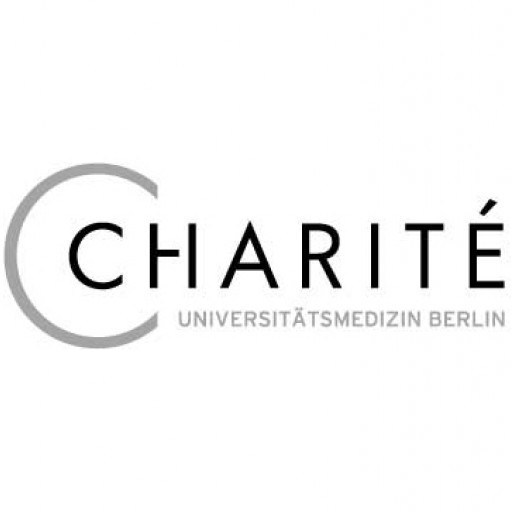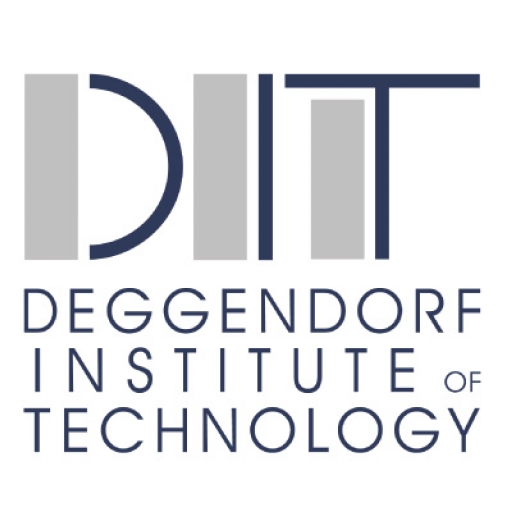Photos of university
The Master of Medical Neurosciences at Charité – Universitätsmedizin Berlin offers a comprehensive and interdisciplinary curriculum designed to prepare students for advanced research and clinical practice in the field of neuroscience. This program aims to deepen students’ understanding of the complex mechanisms underlying the nervous system, including neuroanatomy, neurophysiology, neuropharmacology, and neurogenetics. Emphasizing both theoretical knowledge and practical skills, the program integrates lectures, seminars, laboratory work, and clinical rotations to foster a holistic approach to neurological sciences. Students will explore cutting-edge topics such as neuroimaging techniques, neurodegenerative diseases, neuroplasticity, and cognitive neuroscience, enabling them to contribute effectively to scientific research or clinical interventions. The program is tailored for graduates in medicine, biology, psychology, or related disciplines who seek to specialize further in neuroscience. Its interdisciplinary character encourages collaboration across different fields, reflecting the multifaceted nature of neurological research and treatment. The program also offers opportunities for students to participate in ongoing research projects at Charité, gaining valuable experience and contributing to advancements in neuroscience. Graduates will be well-equipped for careers in research institutions, hospitals, pharmaceutical companies, or academia, where they can influence the future of neurological healthcare. With a strong focus on innovation and scientific excellence, the Master of Medical Neurosciences at Charité prepares students to become leaders in the rapidly evolving landscape of neuroscience and neurology.
Educational organisation
Semester 1 includes the modules Basic Neurobiology (20 CP), Working with Data (10 CP) and Individual Focus (8 CP).In Semester 2 Working with Data and Individual Focus continue. The big new topic is Neuropathophysiology (20 CP). Furthermore, the module Advanced Problems and Topics in Neuroscience (5 CP) begins.
Semester 3 focuses on Clinical Neuroscience (16 CP). The module Advanced Problems and Topics in Neuroscience continues. The modules Academic Writing and Publishing (5 CP) and Experimental Design (6 CP) prepare students for the Master's thesis.
Semester 4 is dedicated entirely to the Master's thesis (30 CP).
Study abroad unit(s)
Medical Neurosciences is a member of the Network of European Neuroscience Schools (NENS) and an active partner in the EU-funded Erasmus Mundus Master's Course NEURASMUS. Our students benefit from these connections and can complete a lab rotation or parts of their Master's research project in a foreign lab.Internships
Lab rotations or parts of the MSc and PhD research project can be completed at a lab outside the programme, either in Germany or abroad.Forms of assessment
Each of the modules in the Master's programme is concluded with an exam. Exams include multiple choice questions, essay questions, oral presentations and written reports. The overall grade is a combination of the module grades and the grade of the Master's thesis.Course objectives
The main objective of the programme is to bring together clinical and basic neurosciences in a comprehensive educational programme by providing a structured education in basic neurosciences to medical students and by training students of the life sciences in medical topics and approaches concerning the central and peripheral nervous system.Students who complete the Master's programme successfully are encouraged to continue their research training in the PhD programme.
Language requirements
Non-native English speakers must prove proficiency in English by submitting a language test score.Academic requirements
Bachelor's degree or equivalent in a relevant discipline such as medicine, natural sciences, life sciencesEnrolment fees
Approx. 250 EUR per semester including public transportCosts of living
Accommodation: 300-450 EUR per monthTransport: included in enrolment fee
Insurance: 65 EUR per month
General living expenses depend on personal lifestyle.
Job opportunities
The MSc programme is demanding and time-consuming. It generally does not allow for part-time work. Some lab/research work may be funded.Funding opportunities within the university
The programme offers scholarships for excellent international and German students. Recipients receive 550 EUR per month. These stipends are made available by the research cluster of excellence NeuroCure (http://www.neurocure.de).http://www.medical-neurosciences.de/en/admission/finances
Arrival support
During orientation, students will be introduced to the programme in particular and the university/Berlin in general.Services and support for international students
The programme office provides support in all administrative matters such as visa, residence permit, registration, matriculation, banking, insurance, etc.Accommodation
Berlin's housing market is very accessible and comparatively inexpensive. For information on accommodation, from student dormitories to your own apartment, see our website at:http://www.medical-neurosciences.de/en/program/resources_and_links/housing/









